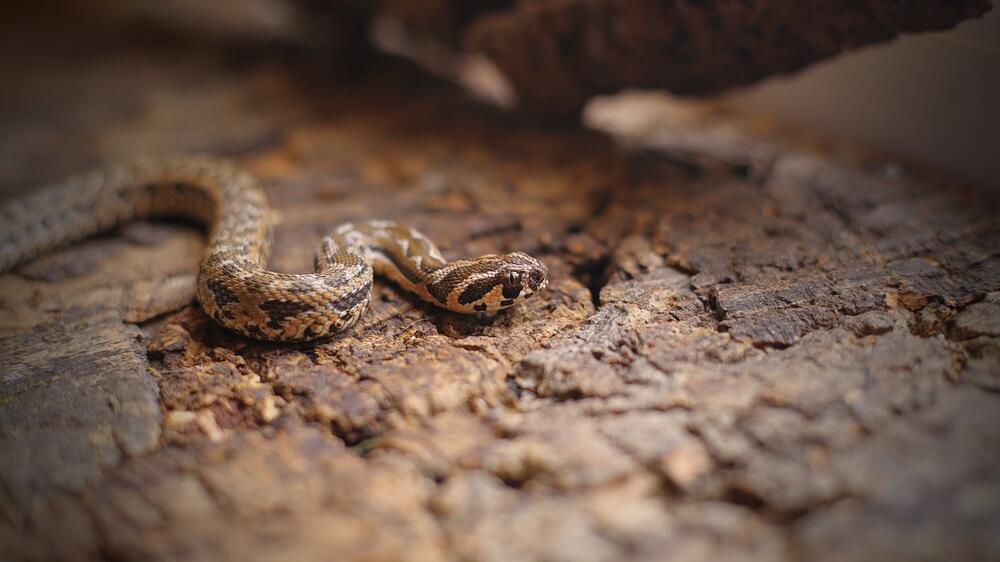Getting your Trinity Audio player ready...
Snakes have a serious public image problem. Throughout history, they've been feared for their slippery, unpredictable nature. Some can, in fact, cause irreparable damage to the human body with their venom, and others can simply choke you to death. Even those harmless to humans are mostly admired from afar.
Read more:
If you find yourselves encountering one of those majestic animals in Israel close to where people live, it is advisable to stay clear and call the Nature and Parks Authority hotline at *3639, or a private snake trapper. They will capture them for you and release them far away back into the wild.
In the Nature and Parks Authority website, there's a large index of those who are licensed to trap snakes without causing them any harm. Remember, they're just looking for food and, unfortunately, cannot order takeout.
For those who wish to become snake trappers themselves, the Nature and Parks Authority conducts a specialized course, granting an official license that needs to be periodically renewed.
Israel is home to 41 different species of serpents, with over half of those posing no threat to humans. In fact, only nine are venomous. They are: black desert cobras, Palestine viper, painted saw-scaled viper, Lebanon viper, Arabian horned viper, Saharan horned viper, Sahara sand viper, Field's horned viper and the black Atractaspis engaddensis.
The chances of running into one are relatively slim, but they climb as the temperature does. If you see one, it is important to stay away and not to harm them, as they play a vital role in Israel's ecological system, keeping rodent populations at reasonable numbers. Further, wild snakes in Israel are protected, and harming them is against the law.
What do I do if I'm bit?
In case of a possible bite, seek medical attention immediately. While obviously not mandatory, it is quite helpful to remember the physical characteristics of the snake, as it can help doctors administer the correct antivenom.
Do not, under any circumstances, attempt to suck the venom out with your mouth. The venom swiftly permeates the victim's body, rendering any attempts to extract a substantial amount futile. Things like cutting and extracting the venom from the wound not only amplify the likelihood of infection, but also potentially inflict additional harm to the tissue.
In July, a child from Haifa in northern Israel was rushed to the ER for inconclusive symptoms. The doctor eventually gave the child antivenom and it turned out a snake was hiding in the child's closet. After a period of recuperation, the child was discharged.



